The Spanish disease and its global fixes
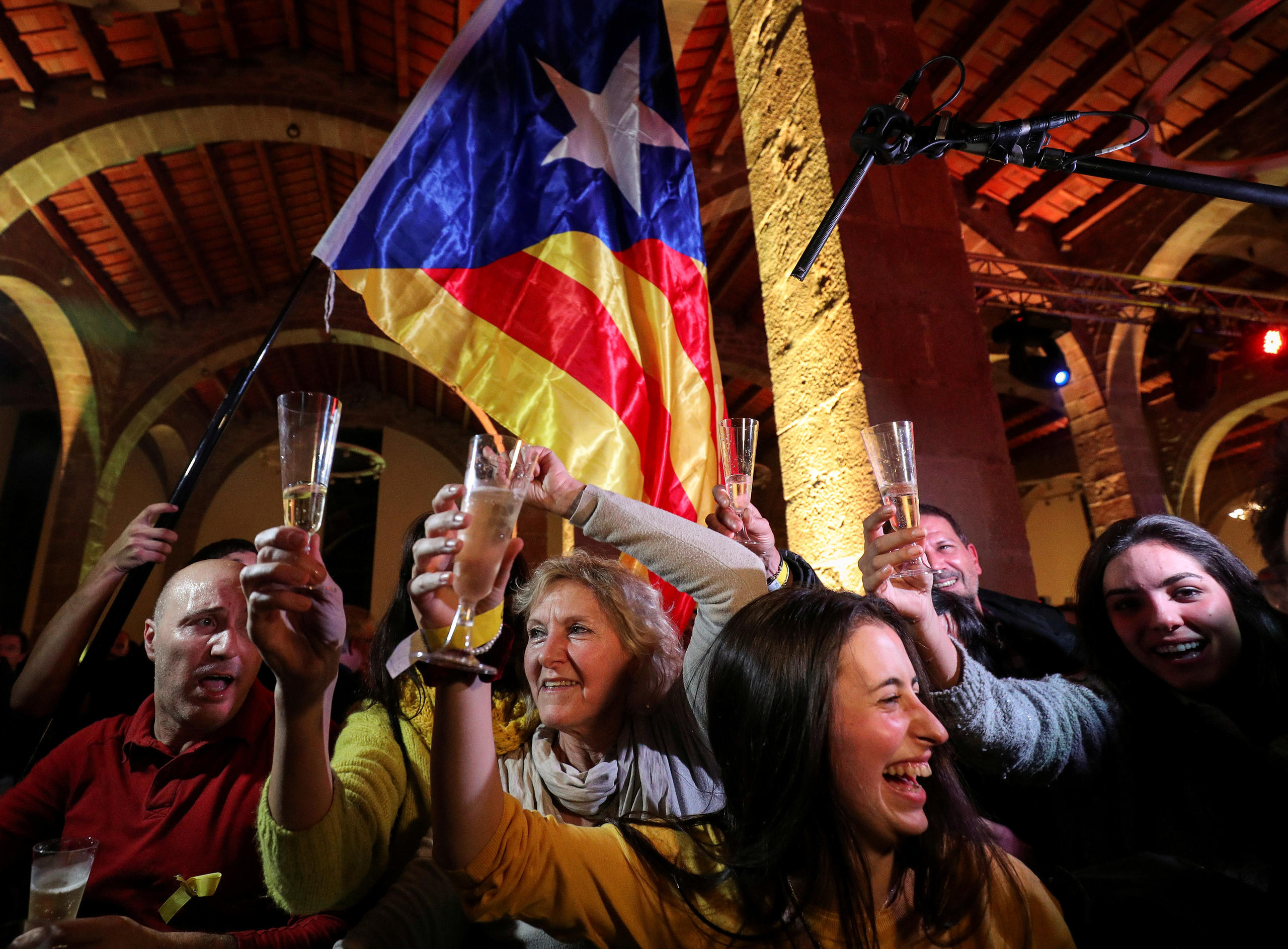
It has been an utterly exhausting year for democracy supporters around the world. And no other place makes this more obvious than Spain. Initially hailed as a success story following the end of fascist dictatorship, the Iberian member state of the European Union has run into exemplary problems.
The key question is how to make democracy more democratic by democracy?
It is called the Speakers Corner Cafe and is situated in the heart of “Darwin’s most iconic building”, the State Parliament. It is one of the slowest days in one of the most remote places of the world: Australia’s Northern Territory.
Home of less than 250,000 people in an area of 1.4 million square kilometers (almost three time the size of Spain), most people have left this tropic part of Australia for the festive season and only few tourists are appreciating the humid heat.
As unlikely as it sounds, this is the perfect spot to create a balance sheet for the 2017 developments of democracy across the globe.
And there could be a more appropriate place to start this review with: Barcelona, the capital of Catalonia. Less than three months ago I witnessed something there, which I would never have expected in a modern democracy like in Spain.
Dialogue and violence
Policemen and soldiers dispatched by the central government in Madrid bludgeoned and hunted peaceful citizens engaged in a popular vote organised by their government. On October 3, I reported: “More than 800 citizens were injured as the Spanish central government ruthlessly tried to prevent one of its regions from deciding its own future”.
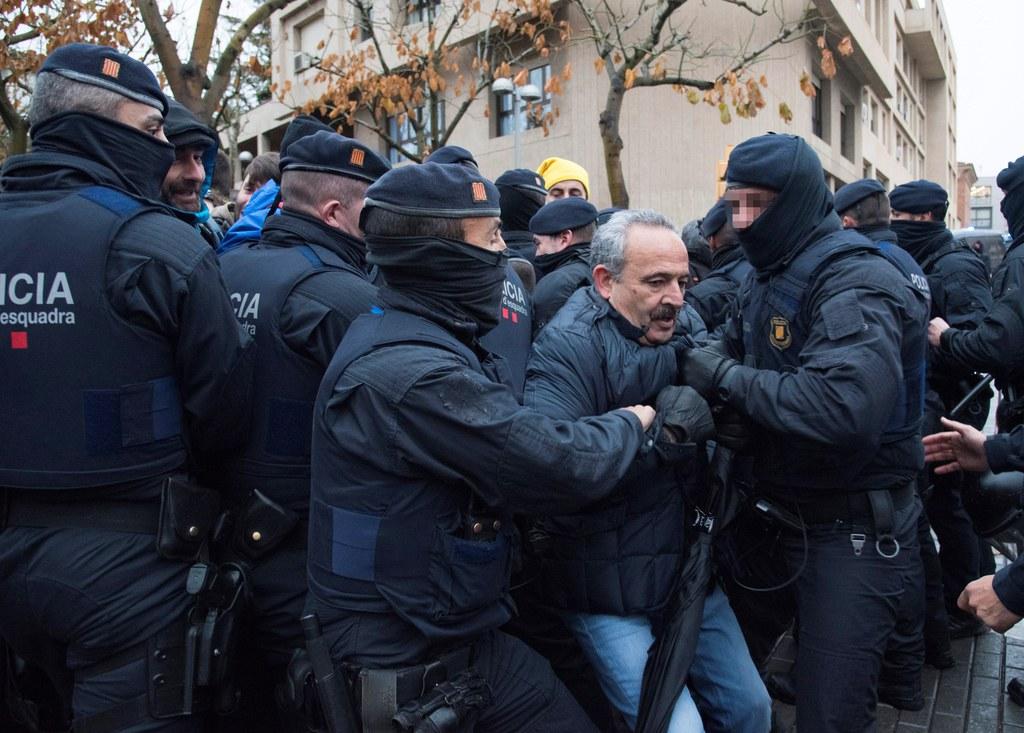
Summarising the most recent developments in Spain we must state, that our friends on the Iberian peninsula have not been able yet to give us a forward-looking answer. But many have tried at least.
In the wake of the violent confrontation calls for a proper dialogue between Barcelona and Madrid have become stronger. This has been underlined by a citizen activation and participation unseen in Europe since the fall of Berlin Wall in 1989 when citizens across many parts of Europe claimed: “We are the people”.
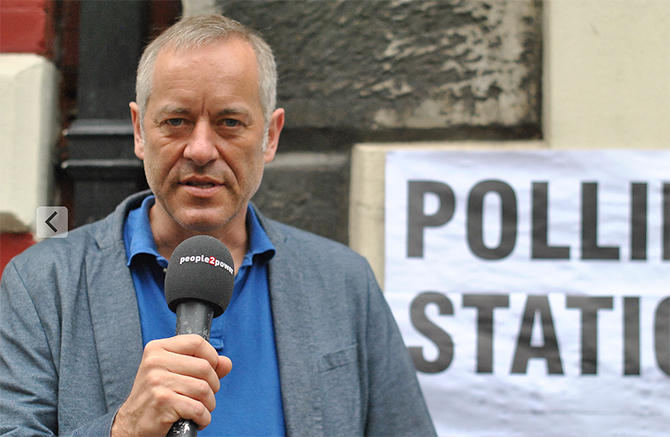
More
Around the world in 200 days for people power
In spite of all the political mistakes and incursions by the political leaders on both sides the electorate in Catalonia turned out in the December 21 elections like never before. Turnout reached more than 80%, while just 43% took part in the October 1 “independence referendum”.
Unsurprisingly, leaders from both sides were once again quick to send implacable messages.
Speaking from exile in Brussels the ousted Catalan president stated: “I want to congratulate the Catalan people, because they have sent a message to the world. The Catalan republic has beaten the monarchy and article 155. The Spanish state has been beaten. Mr Rajoy [the Spanish prime minister] and his allies have lost.“
Inés Arrimadas, the leader of the victorious pro-union Citizens Party for her part declared that “the pro-independence parties can no longer speak on behalf of everyone and a majority of Catalan voters are clearly in favour of union with Spain”.
The winners of the December 22 elections in Catalonia have not made any proposals for the most obvious next steps (which are Spanish-wide constitutional reform dialogue and then a proper Scotland-style independence referendum).
Resilient but difficult
Therefore, the current Spanish Disease boils down to what makes up democracy worldwide today:
One, it is surprisingly resilient (as among others International IDEA in its Global State of DemocracyExternal link report has shown. And, two, it is a very difficult task to update democracy.
Swiss-Swedish author and journalist Bruno Kaufmann is on a world tour to explore the state of democracy visiting more than 20 countries on four continents until May 2018.
swissinfo.ch publishes a weekly Notebook and multimedia reports by Kaufmann over the next few months as part of its coverage of direct democracy issues.
Kaufmann’s democracy world tour is mainly sponsored by the Swiss Democracy FoundationExternal link, where he is the director of international cooperation. The Swiss Democracy Foundation hosts various projects and platforms linked to participatory and direct democracy across the globe, including Democracy InternationalExternal link, the Direct Democracy NavigatorExternal link and the Initiative and Referendum Institute EuropeExternal link.
Last spring, the first vice-president of the European Commission, Frans Timmermanns, summarised this dilemma.
“We are living in a post-paternalistic world but are stuck with a paternalistic political system,” he said at the annual Day of the European Citizens InitiativeExternal link. But at least he announced the overdue reform of the ECI.
Nevertheless, the EU as a democratic political system at the transnational level – like many of our governance systems at the dominant nation-state levels – is very much the result of past challenges than current ones.
Subsequently, public trust in political parties and parliaments has gone down dramatically, giving opportunities not just for democracy-reformers but also populist forces trying to turn back time under national-conservative signs.
The outgoing year has seen many of those latter attempts including the fully-blooming Trump presidency in the United States, power-grabbing governments across Europe as well as China-inspired setbacks in Asian countries like the Philippines, Cambodia and Myanmar.
There were also positive developments as well, including replacements of corrupt leaders across Africa and successful popular votes on issues including same sex marriage in Australia or the adoption of a sustainable (fossil-free) energy strategy in Switzerland.
Still at the nation-state level the ambivalence to democratic reform also saw two very different directions taken on legislation for direct democracy.
In the Netherlands, the newly elected government proposed to abolish a first, weak tool of binding referendum right altogether (creating a huge public outcry), while the national parliament in Taiwan on December 12 agreed to reform the initiative and referendum proceduresExternal link, making them one of the best in the world.
Lessons
So back to our key question: how can a democracy be made more democratic using democratic tools?
The year 2017 taught us a few lessons about the methods that didn’t work. Notably the unilateral attempt by Catalan leaders to organise an “independence referendum” or the quadrangular Spanish approach to handle the issue in a purely legalistic way.
The post-Brexit wrangles have also shown that a simplistically plebiscite-approach creates more problems than it solves.
To conclude: a modern democracy must be based on dialogue with all sides, division of powers, rule of the law and a permanent openness for reform. All these essentials should guide us in the new year as there more democratic road work going on than ever before in history.
The first half of the #ddworldtour has been both a challenging and encouraging experience. And as recent research has shown: despite recent setbacks, democracy is in fact winning globally.
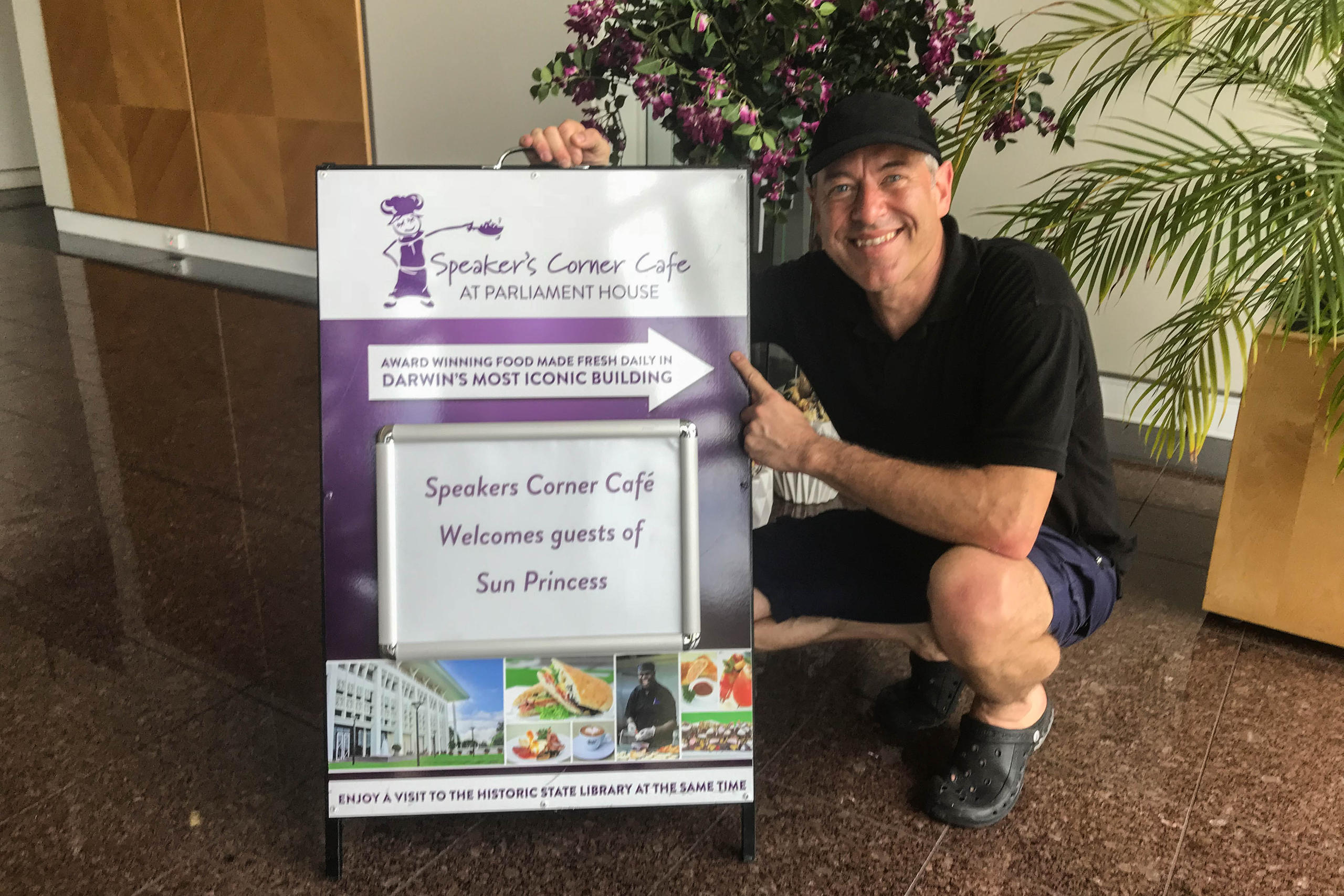
From one of the most remote and quiet corners of the globe, the Speakers Corner Café in Darwin, Northern Territory, Australia, I wish us all a Happy and Much More Democratic New Year!
#ddworldtour Notebook. Follow the tour on #ddworldtour @kaufmannbruno @democracyreporter and /people2power.info

In compliance with the JTI standards
More: SWI swissinfo.ch certified by the Journalism Trust Initiative
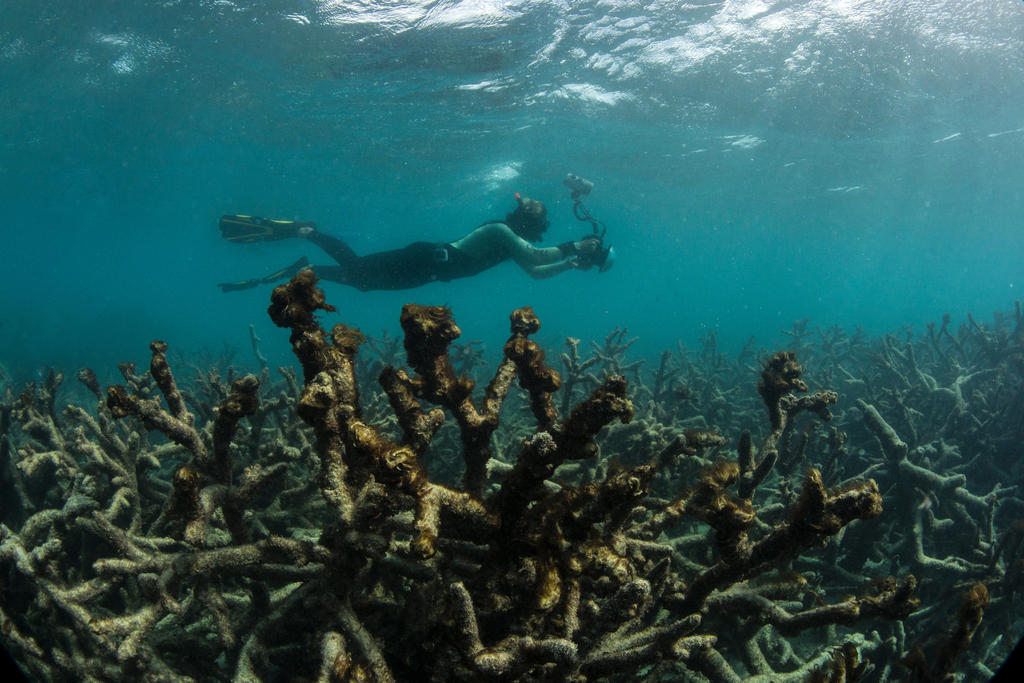

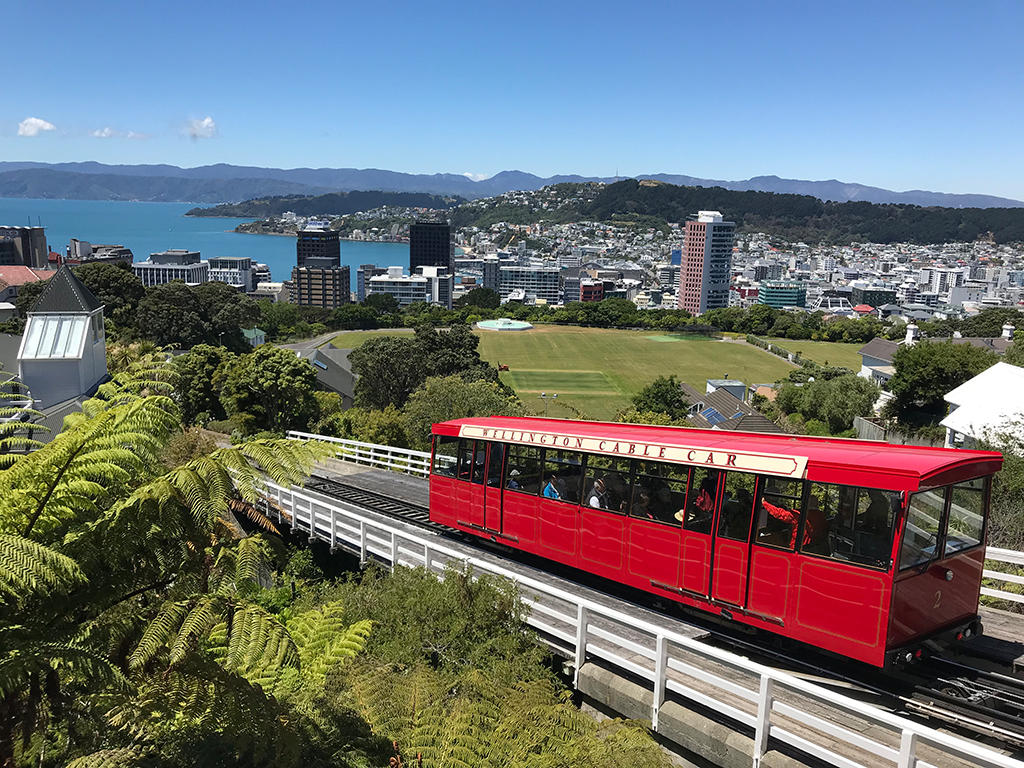
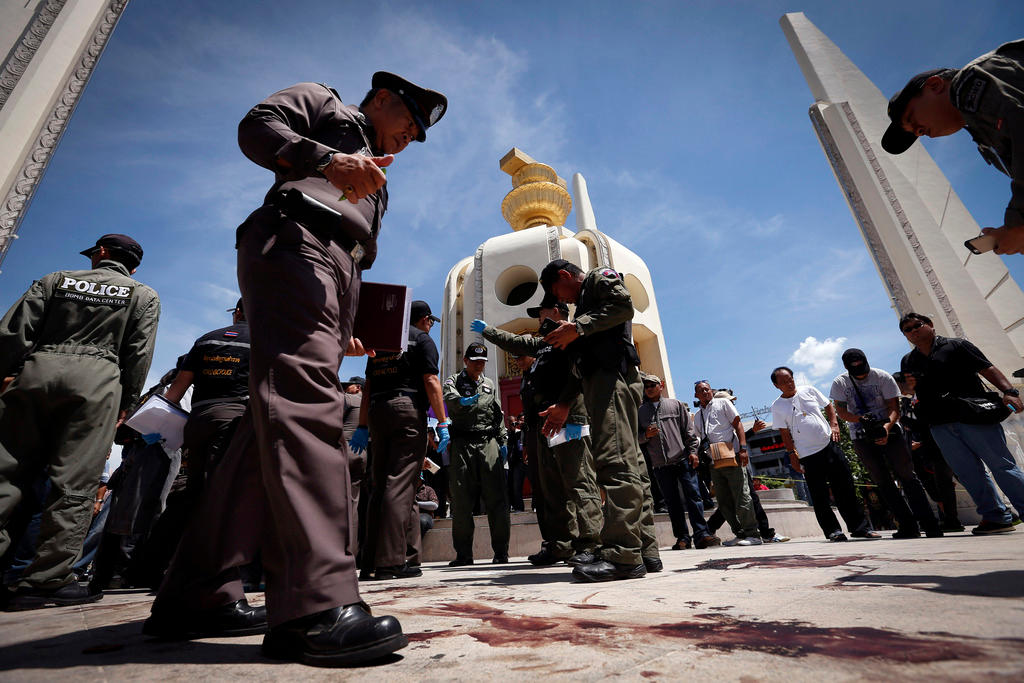
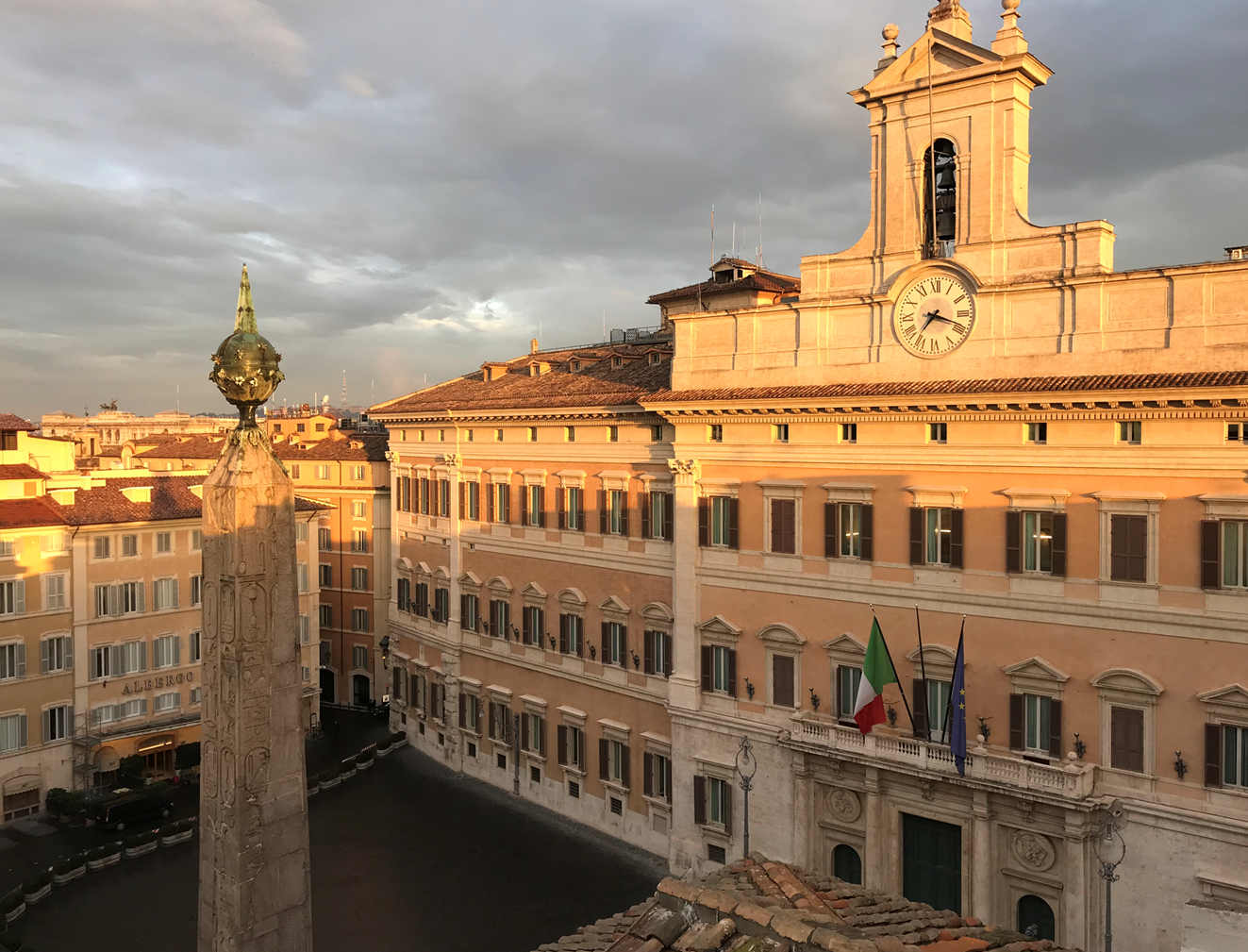
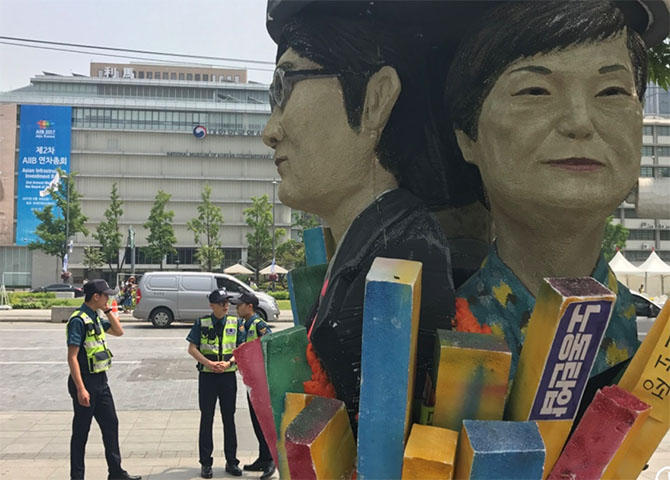
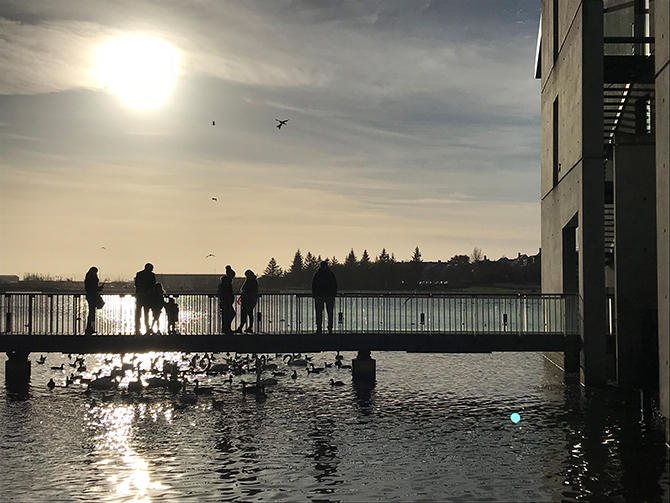
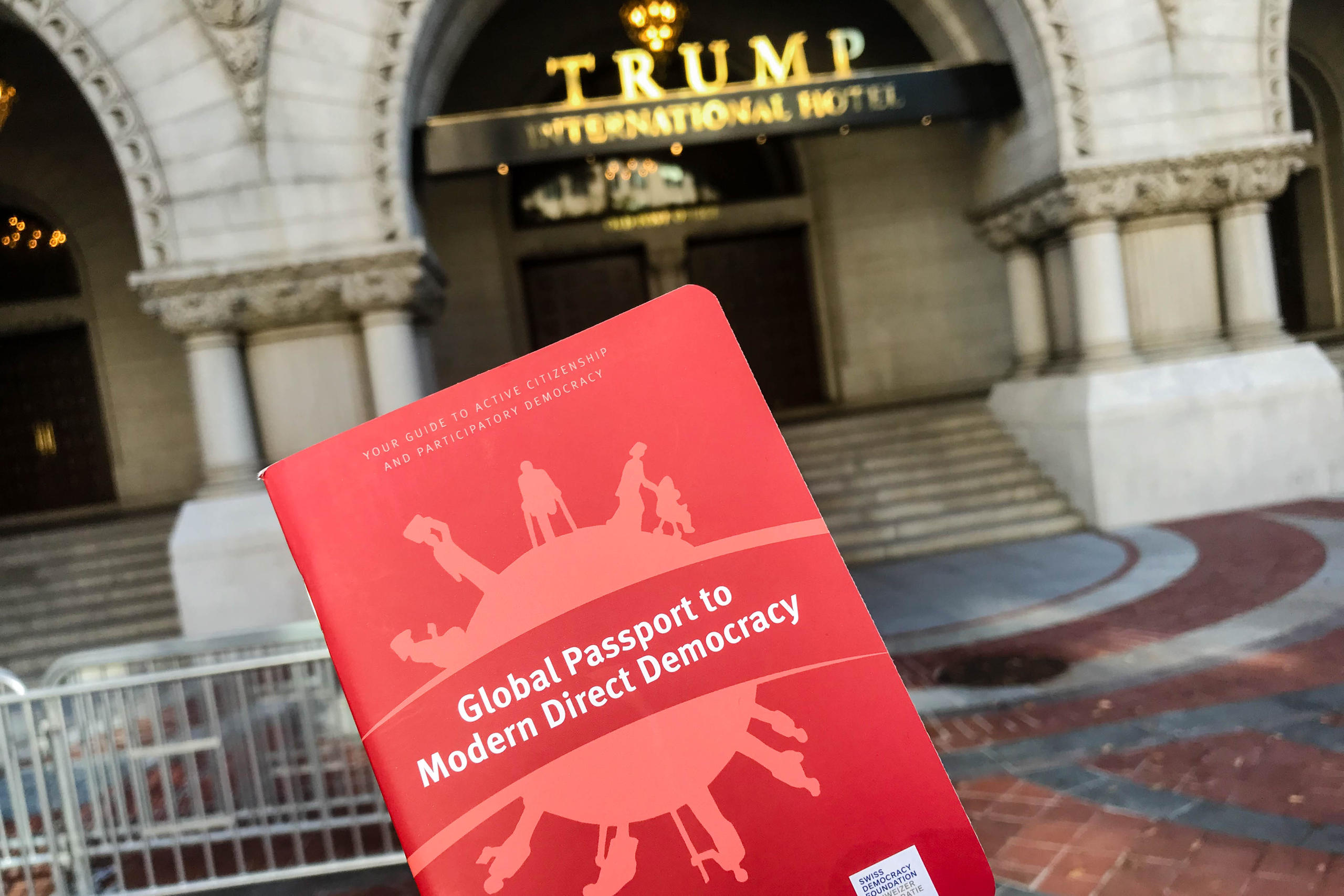
You can find an overview of ongoing debates with our journalists here. Please join us!
If you want to start a conversation about a topic raised in this article or want to report factual errors, email us at english@swissinfo.ch.